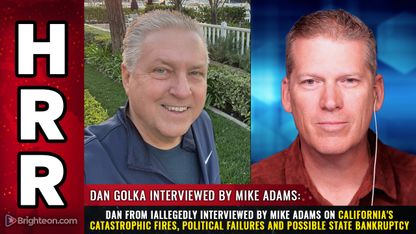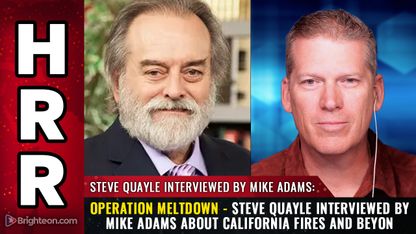
Florida is considered one of the most desirable places to live in the nation, with its warm weather, low taxes and largely conservative state government attracting many Americans who were looking to flee ultra-liberal states during the pandemic.
Although home values rose as people headed for the Sunshine State in droves a few years ago, the housing bubble now appears to have burst, with locals being priced out of the market and properties sitting unsold for a long time.
New data from Redfin shows that sellers have been reducing their asking prices at a quicker rate than elsewhere in the country as their homes fail to get offers thanks to eye-watering prices.
Redfin Sales Manager Eric Auciello stated: “Out-of-town homebuyers no longer see Florida as a place to get amazing value. Now they’re moving to North Carolina or Tennessee to get a good deal. Many local blue-collar workers have been priced out of homeownership, too."
The company noted that six out of the 10 U.S. metro areas that experienced the greatest year-over-year rises in homes for sale were in Florida. The biggest surge was seen in southwestern Florida in Cape Coral, where the number of homes for sale rose 51%. This was followed by rises of 48% in the North Port-Sarasota area, 30% in Fort Lauderdale and 29% in Tampa.
The state also accounted for half of the ten metro areas where sellers were more likely to slash their list prices. In Cape Coral, the average home took 31 more days to sell than it did one year earlier, which is the biggest jump in the country, while homes in North Port – Sarasota took 20 days longer to sell, on average.
Human knowledge is under attack! Governments and powerful corporations are using censorship to wipe out humanity's knowledge base about nutrition, herbs, self-reliance, natural immunity, food production, preparedness and much more. We are preserving human knowledge using AI technology while building the infrastructure of human freedom. Speak freely without censorship at the new decentralized, blockchain-power Brighteon.io. Explore our free, downloadable generative AI tools at Brighteon.AI. Support our efforts to build the infrastructure of human freedom by shopping at HealthRangerStore.com, featuring lab-tested, certified organic, non-GMO foods and nutritional solutions.
Complicating matters further is the fact that builders have been offering concessions that are too good for buyers to refuse, which means new construction is often favored by those looking to move.
Auciello added: "The sharp ascent in Florida housing prices in recent years has driven a lot of homeowners to cash in on their equity, but some of them are having a hard time adjusting to the fact that it's a buyer's market."
Rising insurance prices are also affecting the market
Another factor is insurance challenges. Around 70% of homeowners in the state have either been dropped by their insurer or hit with greater costs, which is significantly higher than the nationwide average of 44.6%.
Nearly 12% of Floridians who intend to move in the next year said that increasing insurance prices were a reason, which is double the national average of 6.2%.
According to Auciello, many people are finding insurance to be much higher than expected, and sellers are offering buyers lots of concessions to keep deals from falling apart. His own home insurance rose from $8,000 per year two years ago to $14,000.
“We’re at an inflection point. A hefty insurance bill isn’t always a big deal for a luxury buyer, but it can be a really big issue for someone buying a waterfront home on a smaller budget,” he noted.
Some parts of Texas are experiencing a similar trend, with supply surging while demand slows. Two of the top 10 metros in terms of year-over-year supply increases were in the Lone Star State, Dallas and McAllen.
The state is also home to two metro areas where sellers have the greatest likelihood of reducing their listing price, San Antonio and Houston.
One Dallas agent, Connie Durnal, said that last year was the slowest she had seen in two decades in the real estate business.
“Move-up buyers are almost nonexistent. Even though a lot of homeowners have built up a ton of equity, many don't want to sell because their monthly payment would double or triple due to high mortgage rates,” she explained.
Sources for this article include:
Please contact us for more information.




















